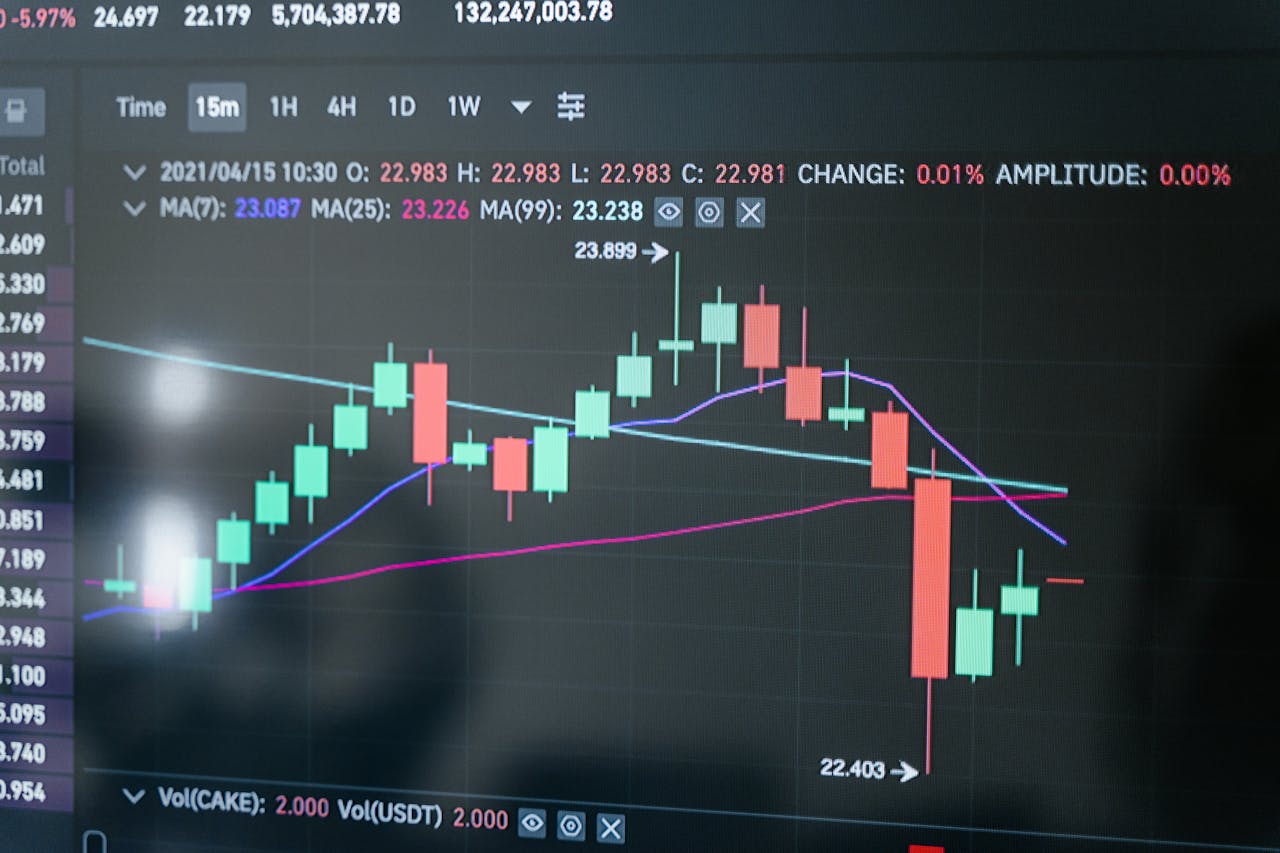Stablecoins are poised to challenge Visa's dominance in payment volume, marking a significant shift in the crypto landscape. Meanwhile, Ripple CEO Brad Garlinghouse asserts that XRP and Ethereum (ETH) are not securities, adding a new dimension to the ongoing regulatory debate.
Stablecoins Surging: How They're Set to Rival Visa and Reshape Cryptocurrency Trading
Since 2017, stablecoins have been on a meteoric rise, with the latest forecasts indicating that they will overtake Visa in total payment volume (TPV) by the second quarter of 2024. According to U.Today, this expected milestone highlights the crucial role that stablecoins are starting to play in the global payments ecosystem, notably in cryptocurrency trading.
While Visa has long been used to measure payment volumes, stablecoins are quickly narrowing the gap, largely thanks to their growing popularity as a key means for trading cryptocurrencies. Data suggest that approximately 90% of stablecoin transactions are related to trading activities, with a significant amount due to wash trading. This practice inflates trade volumes through frequent and coordinated buying and selling.
The widespread use of stablecoins in the crypto trading sector may make comparing their volume to traditional payment networks such as Visa misleading, as Visa primarily enables retail and commercial transactions. According to a Visa blog post, stablecoins are now most valuable in the crypto ecosystem, particularly for facilitating quick and frictionless transactions between cryptocurrencies.
Despite this, stablecoins facilitate an incredible volume of transactions. Currently, stablecoins handle $265 billion in volume and have 27.5 million monthly active users (MAUs). This works out to almost $9,600 per MAU.
Tether's market capitalization is $110.86 billion, indicating significant market growth. This rising reliance on stablecoins, despite their primary usage in trading, suggests that they may eventually be accepted and integrated into conventional financial institutions.
Ripple CEO's Stance on XRP and Ethereum Security Classification Sparks Regulatory Debate
Ripple CEO Brad Garlinghouse has provided insight into the continuing debate over the classification of digital assets, giving a definite declaration concerning two of the most renowned cryptocurrencies: XRP and Ethereum (ETH). Eleanor Terrett, a Fox Business correspondent, brought this perspective to the forefront.
The Ripple CEO made the remarks at a fireside chat with Michael Arrington, the founder of Arrington Capital, at the recent XRP Las Vegas conference. According to Ripple's CEO, neither XRP nor Ethereum should be considered securities. This response is consistent with the long-standing position made by Ripple and other crypto community stakeholders.
Ripple's continuing legal struggle with the SEC has brought the company into the spotlight, making its CEO's comments especially noteworthy. The comments come at a critical time when regulatory agencies are monitoring the cryptocurrency business, with various discussions erupting in the crypto space over them.
According to reports this week, MicroStrategy chairman Michael Saylor speculated that the SEC may treat Ethereum, BNB, SOL, XRP, and ADA as unregistered crypto asset securities.
Ripple's continuing legal struggle with the SEC has brought the business to the forefront, making its CEO's comments especially notable. The Ripple CEO's remarks come at a critical time when regulatory agencies monitor the crypto industry, prompting discussions in the crypto space.
According to reports this week, MicroStrategy chairman Michael Saylor believes the SEC may consider Ethereum, BNB, SOL, XRP, and ADA unregistered crypto asset securities.
The cryptocurrency industry has long debated whether crypto assets like XRP and Ethereum (ETH) should be categorized as securities. However, XRP acquired legal clarification in the Ripple litigation in July 2023 when the judge decided it was not a security on its own. However, some XRP institutional sales were discovered to be unregistered securities sales.
A new development in the crypto security discussion occurred when Ethereum software developer Consensys filed a complaint against the SEC. The complaint revealed that the SEC believes Ethereum is an unregistered security and has been conducting investigations for the past year. Consensys asked a judge to designate Ethereum as a non-security, preempting any future SEC claims.
Photo: Microsoft Bing



























Comment 0